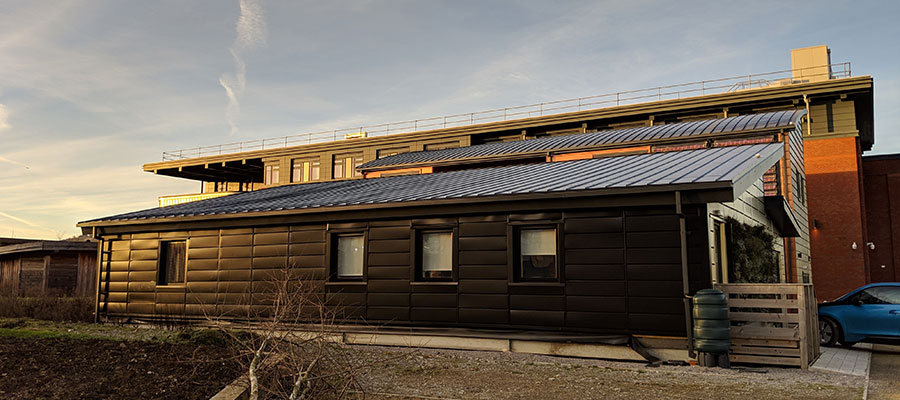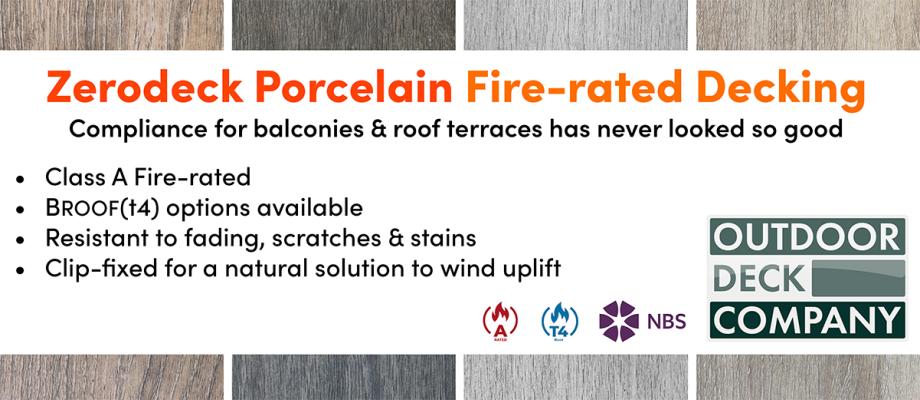Simon McWhirter, Head of Engagement at Active Building Centre, discusses the need for a zero-carbon approach to housebuilding and how offsite construction can help reduce the emissions produced when providing new homes…
At UK Construction Week recently, offsite and modular featured heavily in the proceedings. There were myriad different structural solutions from lightweight steel frames to the latest in precast panelling. There is no doubt the construction industry is on the brink of significant change in that arena.
As has been the case for several years now, another topic woven through the seminar programme was sustainability. It was clear that policy-makers, contractors and developers are acutely aware of the impending legislative impacts, and the contingent need to introduce more eco-friendly systems and processes – essential to meeting the 2050 targets (or an even more ambitious set of regional, devolved and national aspirations) and the drive towards a net zero-carbon built environment.

Focusing on materials used in offsite construction
Much focus was placed on the materials we use and the benefits of automation in the face of the looming skills shortage in the industry. However less was paid to the harder-edged quantitative side of the energy consumption of buildings and its resulting carbon emissions.
Modular and offsite solutions can provide pieces of our future picture, but where it will really fly is when combined with coordinated, systems-based approaches to the wider design of buildings and building services. For us, ‘Active Buildings’ fill in the gap.
In essence, Active Buildings are efficient and energy-generating, allowing for intuitive collection, storage and use. It’s a low carbon option which has the potential to significantly ease pressure on the national grid, essential as our energy consumption rapidly increases and we move to non-fossil fuel generated electricity.
Furthermore, these Active Buildings would offer further benefits to society, improving air quality through reduced emissions and encouraging the adoption of EVs (powered independently by the buildings themselves!). Importantly for offsite developers, this approach encourages them to consider options and components which might seem either too risky or not cost-effective to implement in the current housebuilding landscape.
At the Active Building Centre, we are constantly working on new and innovative solutions which will define the energy-efficient, self-sufficient homes of the future. Our approach is empirical and data-driven so we have been directly able to observe the very real possibilities for Active Buildings.
The UK offsite and modular sector has the capability and capacity to be early adopters of this construction model, becoming trailblazers in the collective mission to achieve our zero-carbon targets and deliver a more sustainable society.
- Log in to post comments















